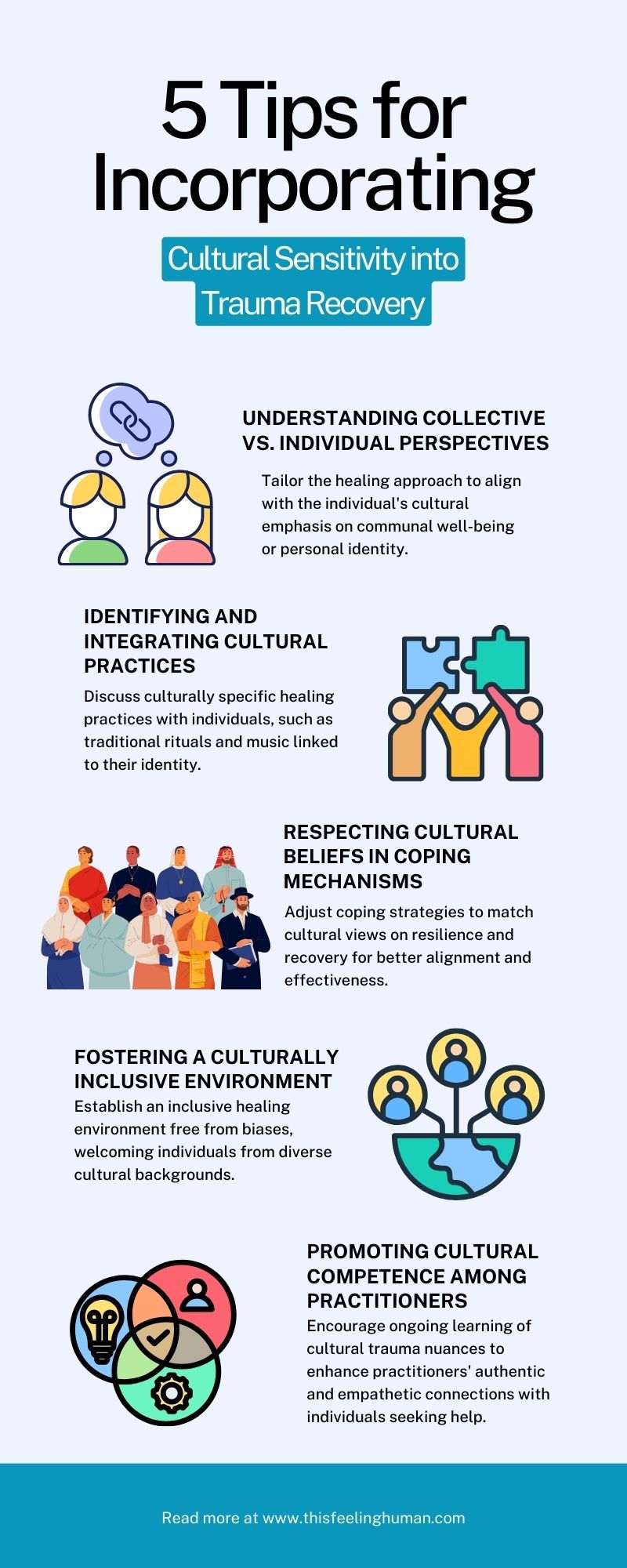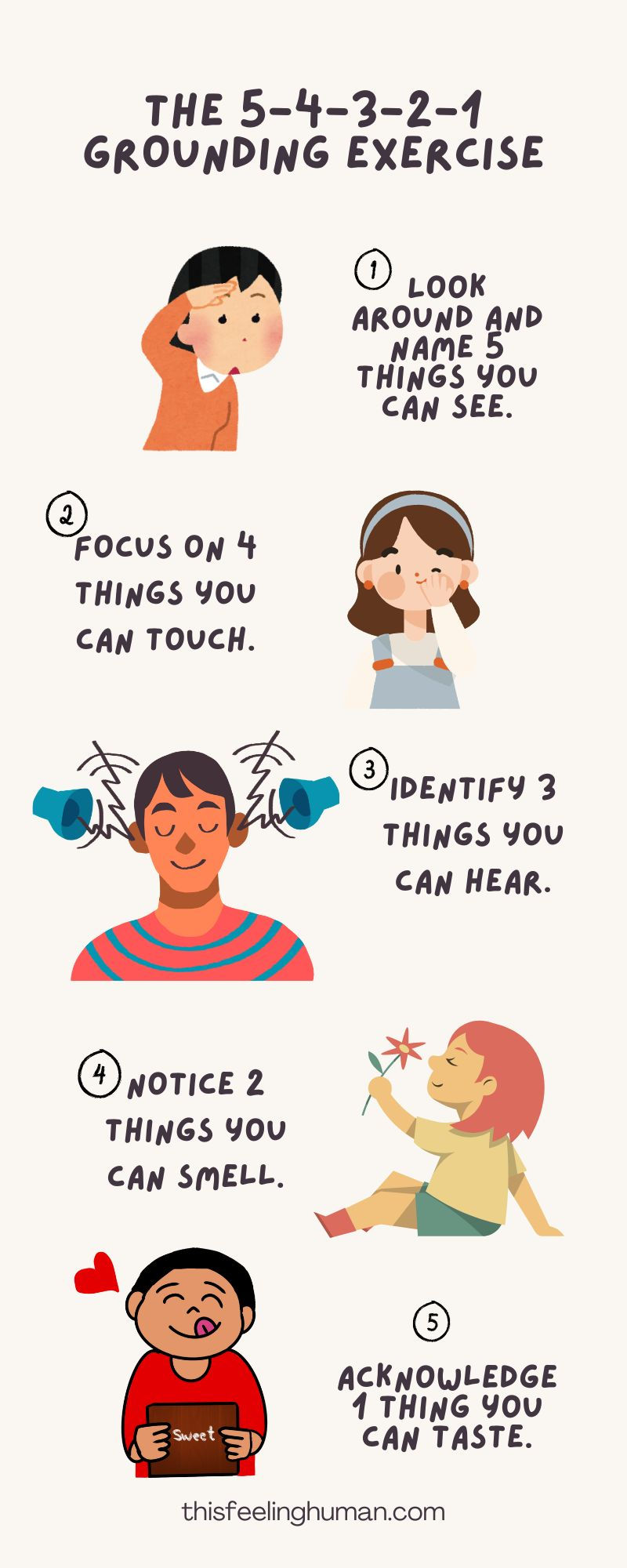How Culture Influences Our Understanding of Trauma
- TFH

- May 20, 2024
- 4 min read
Updated: Aug 7, 2024
Healing from trauma is a deeply personal journey, yet it unfolds against a vast backdrop of cultural practices, beliefs, and traditions. Culture profoundly shapes our perception of trauma, guides our coping mechanisms, and deeply influences the healing processes we consider acceptable and supportive.
The Importance of Cultural Sensitivity in Healing
Understanding and navigating these cultural nuances is critical for anyone involved in healing. Individual therapy sessions might feel alienating or incomplete for someone deeply rooted in a culture that values collective healing. Alternately, those coming from cultures that prioritize personal responsibility and autonomy in health matters may find the notion of communal healing practices intrusive or overwhelming.
This diversity in approaches to healing underscores the need for a culturally sensitive framework for trauma recovery. It is essential to recognize and respect an individual's cultural background and weave that understanding into the healing journey. Such cultural competence can significantly enhance the efficacy of treatment and support offered, leading to more meaningful and validating healing experiences.
Tips for Incorporating Cultural Sensitivity into Trauma Recovery

Understanding Collective vs. Individual Perspectives
Recognize the individual’s cultural emphasis on communal well-being vs. individual identity. Tailor the appropriate healing approach to engage with their sense of community and personal space.
Identifying and Integrating Cultural Practices
Engage in open conversations about culturally specific healing practices the individual might prefer, including traditional rituals, music, or other elements tied to their identity.
Respecting Cultural Beliefs in Coping Mechanisms
Adapt coping strategies to align with an individual's cultural perceptions of resilience and recovery, ensuring that the techniques resonate with their worldview.
Fostering a Culturally Inclusive Environment
Create a healing environment that respects diversity and is free from biases, ensuring that the space itself feels welcoming to people from all cultural backgrounds.
Promoting Cultural Competence among Practitioners
Encourage ongoing education on cultural nuances related to trauma, thereby enhancing the practitioner's ability to connect authentically and empathetically with those seeking help.
Understanding how culture shapes our perceptions and responses to trauma is crucial for fostering more compassionate and effective healing paths. This goes beyond mere inclusivity; it's about crafting recovery approaches that resonate with the rich, intertwined narratives of each individual's life and cultural background.
To support individuals in navigating their emotions through this lens, we’ve partnered with The School of Emotions to offer Emoli Cards. These tools provide insights into how cultural factors impact our emotional responses.
We often reflect on our feelings, which can sometimes lead to self-judgment or efforts to manage them. But how often do we approach our emotions with an understanding of the cultural context behind them?
This is why we offer Emotions-Based Coaching. Using Emoli Cards to explore the cultural stories behind our emotions, Calm3D for mood regulation, and life coaching sessions, we help clients connect with the deeper meanings of their feelings and respect the cultural influences shaping their responses. This approach emphasizes the importance of integrating cultural context into our understanding and management of emotional experiences.
Explore our bundled promotion here to see how these resources can deepen your understanding of trauma and help you navigate its impact through a culturally informed lens.
The Gateway to Change: Understanding Physical Self-Awareness
Physical self-awareness is the deep, intuitive attunement to our body's sensations, movements, and responses to the external environment. It’s about recognizing the rapid heartbeat in moments of anxiety, the tension in our shoulders as we brace against stress, or the grounding sensation of our feet touching the earth as we walk. These sensations are the body’s language, its way of communicating our emotional and psychological states.
Sensations as Messengers
The sensations we experience in our bodies are not merely biological responses; they are messengers carrying insights from the deepest recesses of our being. They serve as real-time feedback about our interactions with the world around us, reflecting how the past is influencing our present. By becoming attuned to these messages, we can begin the process of disentangling ourselves from the past's grasp, allowing us to live more wholly in the present moment.
The Tyranny of the Past
For many, the past is a dictator under whose rule we unconsciously live. Traumatic experiences, learned behaviors, and ingrained beliefs from our history often persist in our bodies, manifesting as chronic tension, repetitive patterns, or automatic reactions. These physical manifestations are the embodiment of our past's tyranny, influencing how we perceive and interact with the world without our explicit consent.

Embracing Physical Self-awareness
The first step towards freedom is developing physical self-awareness. This begins with simple practices:
Mindful Movement: Engage in activities like yoga, tai chi, or even mindful walking, focusing intensely on the sensations within your body. Notice the subtleties of movement and the flow of breath.
Body Scanning: Dedicate time each day to lie down and mentally scan your body from head to toe. Observe any sensations, tensions, or discomforts without judgment, simply acknowledging their presence.
Breath Awareness: Pay attention to your breathing throughout the day. Notice how emotions and thoughts influence your breath and how altering your breath can, in turn, affect your emotional state.
The Journey Forward
As we cultivate physical self-awareness, we initiate a dialogue with our bodies, learning the lexicon of sensations and understanding the messages hidden within. This awareness becomes the foundation upon which we can begin to change, consciously choosing to release the grip of past traumas and patterns.
In recognizing and honoring our body's wisdom, we embark on a transformative journey toward healing and liberation. Physical self-awareness allows us to navigate the world with a newfound sense of presence and authenticity. We learn to respond rather than react, to choose rather than be compelled, slowly releasing the tyranny of the past and stepping into the freedom of the now.
This journey is not a destination but a continual process of becoming, an unfolding narrative of self-discovery and empowerment. Through the act of turning inward and becoming aware of our body's interaction with the world, we unlock the potential for profound change, healing, and growth. The path to freedom lies within—we need only pay attention.

Comments